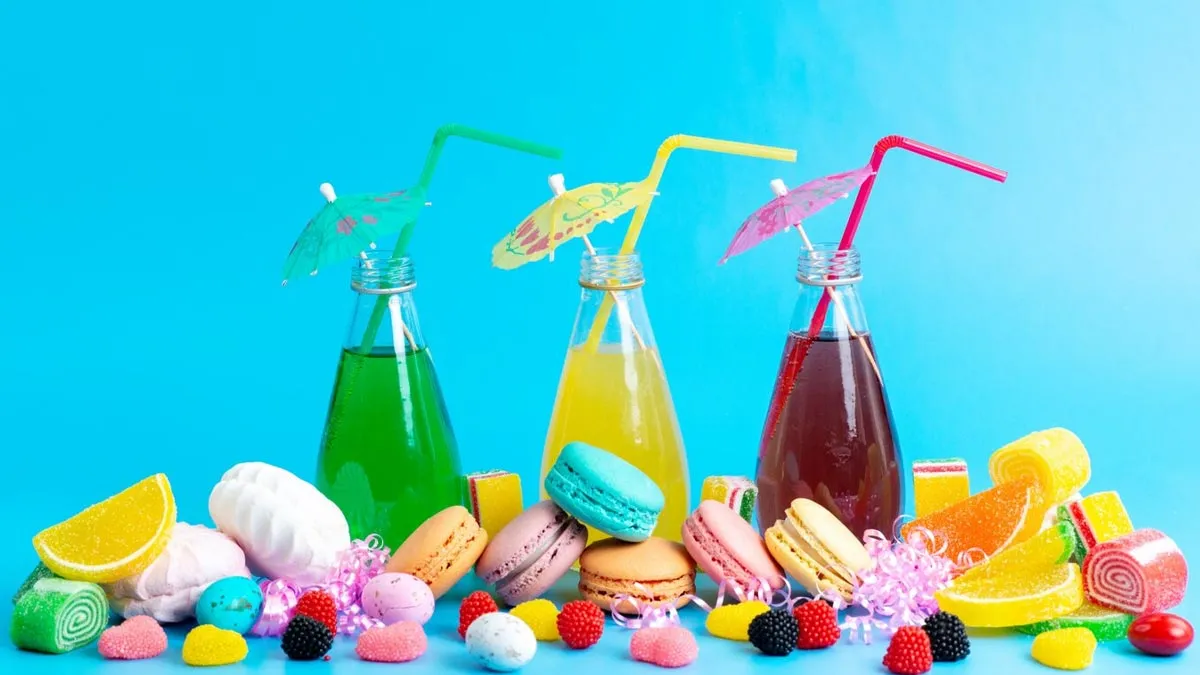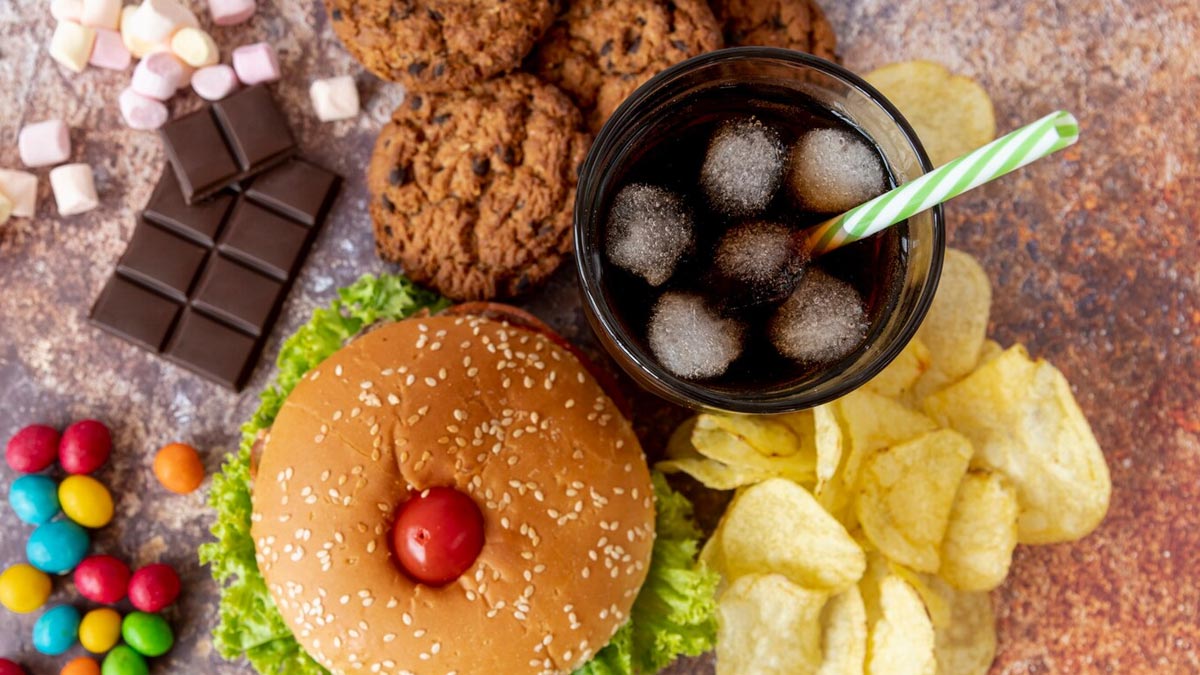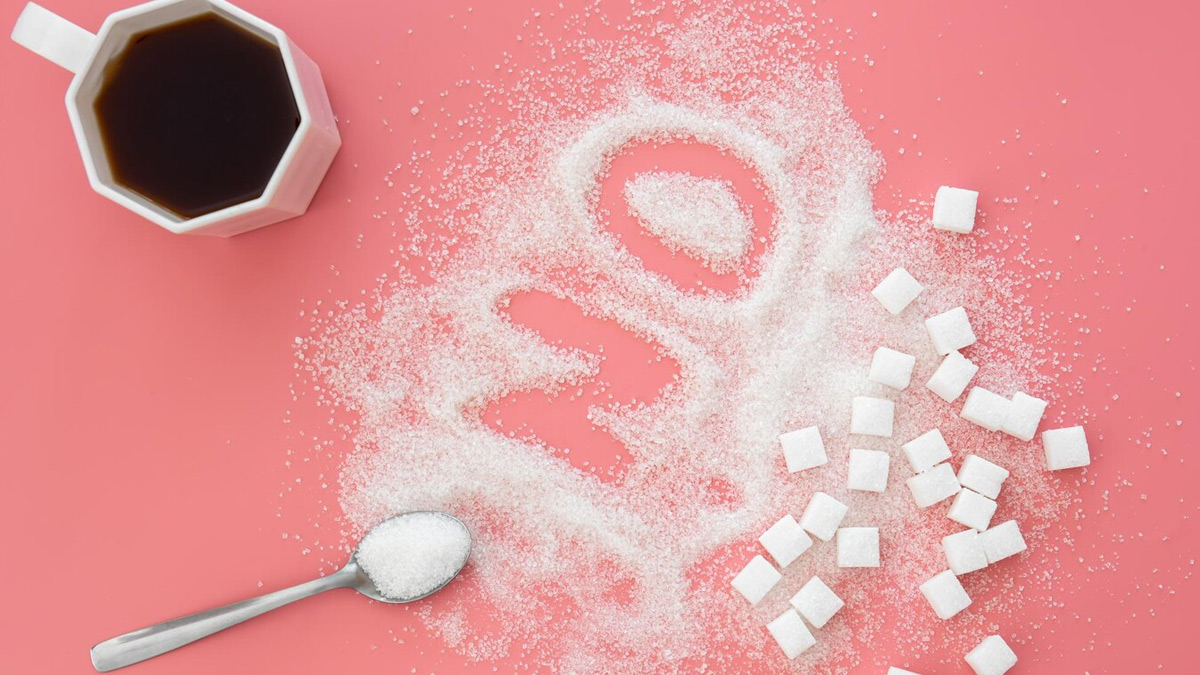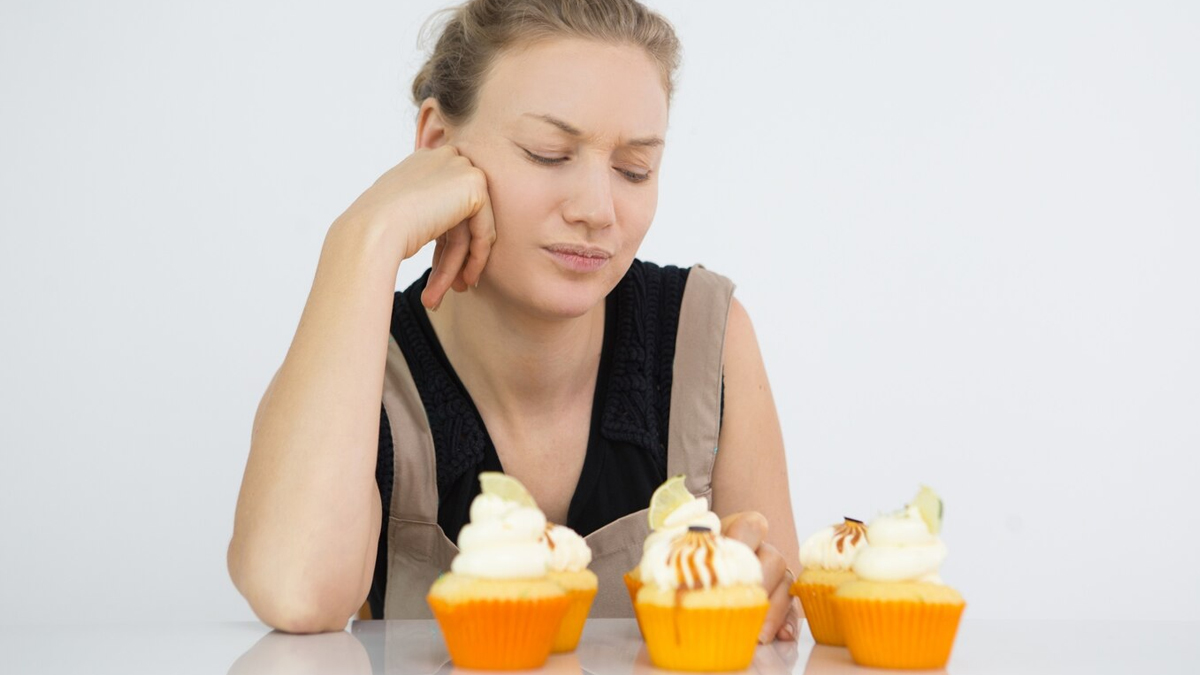
Sugar, in all its forms, can be harmful for your health, especially when consumed in excess. But when it comes to how you consume it, whether through sugary drinks or sweet treats, does one method do more harm than the other? The answer isn’t as straightforward as you might think. While both forms deliver sugar into your system, the way your body processes them can be very different. Here's a closer look at how drinking vs eating sugar affects your health and which one may be sneaking in more damage than you realise.
Table of Content:-
Also Read: Is Aspartame Good for Health? Expert Explains
How Does Sugar Affect Our Body?

Sugar affects our body in several ways. When consumed, especially in large amounts, it causes a quick spike in blood sugar levels, giving us a short burst of energy followed by a crash that can leave us feeling tired and irritable. Over time, regularly consuming too much sugar can lead to weight gain, insulin resistance, and an increased risk of type 2 diabetes, heart disease, and fatty liver. It also contributes to inflammation in the body and can even affect our mood and skin health.
Completely cutting out sugar from your diet is nearly impossible, as sugar naturally exists in many healthy foods like fruits, vegetables, and dairy. However, the real concern lies in added sugars, those that are found in sodas, packaged snacks, desserts, and even so-called 'healthy' options like flavoured yoghurt or granola bars.
The American Heart Association (AHA) recommends limiting added sugars to no more than 6% of calories each day. For most women, that’s no more than 100 calories per day, or about six teaspoons of sugar. For men, it’s no more than 150 calories per day, or about nine teaspoons.
Drinking Sugar Vs. Eating It: What’s Worse?

When it comes to sugar, not all forms are processed by the body in the same way. Drinking a sugary soda and eating a slice of cake might seem equally indulgent, but the way your body reacts to liquid sugar versus solid sugar can be quite different.
According to Dr Swati Sharma, Dietitian and Nutritionist, PRB Health Care – Chain of Physiotherapy Clinics and Hospitals, Delhi, liquid sugar, like the one in soft drinks or juices, is absorbed much faster by the body than solid sugar. "This quick absorption causes a sudden spike in blood sugar levels, which is harder for the body to manage. Solid sugar in foods like sweets or fruits comes with fibre or fat, slowing down absorption."
Additionally, sugary drinks are easy to overconsume because they don’t make you feel full. On the other hand, desserts take longer to eat and may provide some satiety. Plus, drinks deliver sugar very quickly into the bloodstream, putting more strain on the body’s insulin response.
A 2019 study noted that sugary drinks, like soft drinks, pose a greater risk for obesity, diabetes, and metabolic syndrome than sugary foods. This is likely because liquid sugars, especially fructose, are absorbed faster and in higher amounts, overwhelming the liver. Even fruit juices may raise health risks more than whole fruits.
Also Read: Can Jamun Seed Powder Be The Ultimate Superfood For Diabetes Management? Find Out Here
Are Fruit Juices As Bad As Sodas?
Fruits are healthy, but fruit juices, especially packaged ones, don’t always offer the same benefits. Many packaged juices contain as much sugar as a can of soda, even if that sugar is naturally derived. While they may seem like a nutritious choice, drinking them regularly and in large quantities can quietly contribute to weight gain, blood sugar spikes, and other health issues. What feels like a healthy habit might actually be doing more harm than good if consumed in excess.
A 2024 review of 42 studies published in the JAMA Pediatrics looked into how drinking '100% fruit juice' affects body weight in both children and adults. The findings showed that kids who drank more fruit juice tended to gain more weight over time; even just one extra serving a day was linked to a small increase in Body Mass Index (BMI). In adults, the link was less clear and seemed to depend on how much overall food they were eating.
They also lack the fibre found in whole fruits. Even fresh juice, if taken in excess, can lead to high sugar intake. Whole fruits are always a better choice.
How To Reduce Sugar Consumption?

Small changes help, says Dr Sharma. “Start by cutting down on sugary drinks—replace them with water, nimbu (lemon) paani (without sugar), or buttermilk. Choose whole fruits over juices. Read labels to spot hidden sugars. Gradually reduce sugar in tea, coffee, and desserts so your taste adjusts over time.”
Conclusion
When it comes to sugar, whether you drink it or eat it, it really comes down to balance and being mindful. Both forms can sneak in extra calories and affect your health over time, but sugary drinks often do more harm. That’s because your body absorbs liquid sugar much faster, and these drinks satiate your hunger, so it’s easy to have more than you realise. This doesn’t mean you need to completely cut out your favourite desserts or comfort foods. It just means paying closer attention to how much and how often you're consuming sugar, especially in liquid form.
Also watch this video
How we keep this article up to date:
We work with experts and keep a close eye on the latest in health and wellness. Whenever there is a new research or helpful information, we update our articles with accurate and useful advice.
Current Version